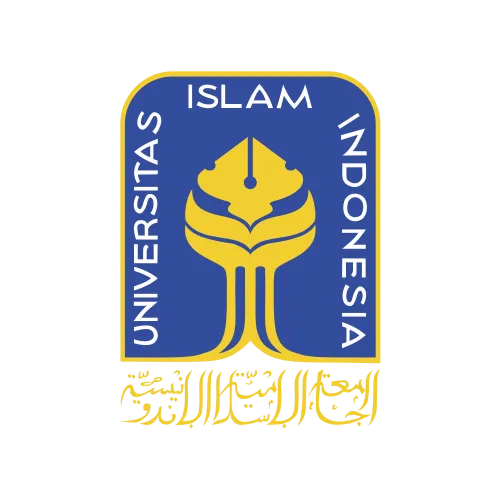Evaluasi Kesiapan UMKM Kerajinan Yogyakarta terhadap Implementasi ERP Menggunakan Model TAM
Contributors
Pardiya
M. Zidan Alfachri
Keywords
Proceeding
Track
General Track
License
Copyright (c) 2025 Seminar Nasional Hasil Penelitian dan Pengabdian Masyarakat (SemnasPPM)

This work is licensed under a Creative Commons Attribution-NonCommercial-NoDerivatives 4.0 International License.
Abstract
Micro, Small, and Medium Enterprises (MSMEs) hold a strategic position in Indonesia’s economy. However, the rapid development of business, increasing market competition, and accelerated technological advancement in the globalization era demand substantial changes, particularly in strategy formulation. Yogyakarta, as one of the leading tourist destinations, has witnessed the growth of numerous MSMEs, particularly in handicrafts, which represent the city’s distinctive identity. Nevertheless, many handicraft MSMEs in Yogyakarta have not yet adopted technology. This is reflected in the classification data showing 1,895 handicraft MSMEs, of which only 453 are registered on the official website of the Yogyakarta City Office of Industry and Trade (DISPERINDAG). The lack of technological readiness results in the continued reliance on traditional or manual business processes. This study aims to examine the readiness of MSMEs in responding to the increasing demands of business competition in the globalization era, with a particular focus on business processes. In this study, an Enterprise Resource Planning (ERP)–based system using a Google Spreadsheet template is applied to support business processes and improve MSME flexibility, ensuring integrated and optimized operations. The proposed template incorporates features such as automated formulas, financial reports, real-time inventory management, and cloud storage. By applying the Technology Acceptance Model (TAM) through a questionnaire covering Perceived Usefulness (PU), Perceived Ease of Use (PEOU), Attitude Toward Use (ATU), and Behavioral Intention to Use (BI), an average score of 4.73 was obtained. The findings indicate that the financial spreadsheet template is highly suitable and feasible for handicraft MSMEs as an initial step in ERP system implementation.
